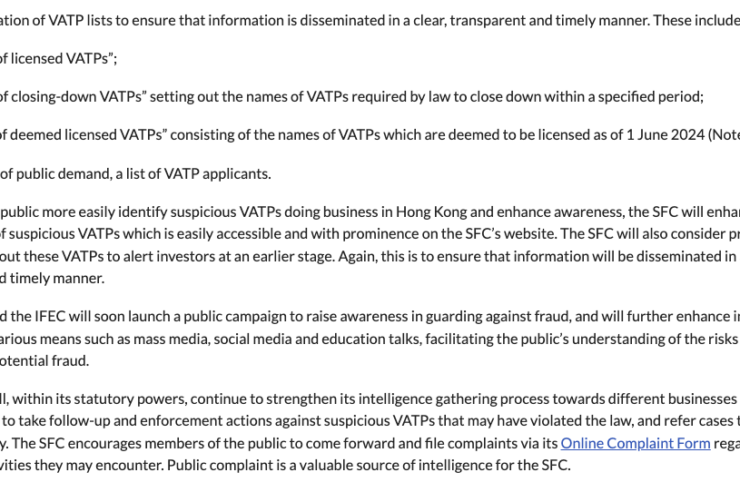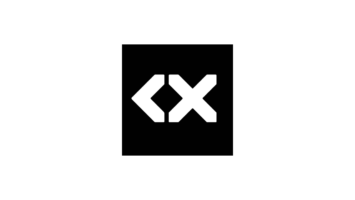Hong Kong’s financial regulator, the Securities and Futures Commission (SFC) has vowed to step up efforts to combat unregulated cryptocurrency trading platforms in its jurisdiction.
According to a Sept. 25 announcement, the SFC said it will publish a list of all licensed, deemed licensed, closing down and application-pending virtual asset trading platforms (VATPs) to better help members of the public identify potentially unregulated VATPs doing business in Hong Kong.
The SFC said it will also keep a dedicated list of “suspicious VATPs” which will be featured in an easily accessible and prominent part of the regulators’ website.

The move follows the ongoing JPEX crypto exchange scandal which has been accused of promoting its services to Hong Kong residents despite not having applied for a license in the country.
It’s estimated to have a financial fallout of around $178 million. At the time of publication, local police have received more than 2,200 complaints from affected users of the exchange.
A total of 11 people including crypto influencers, YouTubers, and employees of the allegedly fraudulent crypto exchange have been taken into custody for questioning.
Related: Troubled crypto exchange JPEX applies for deregistration in Australia
In a statement, the SFC said the resulting fallout from JPEX “highlights the risks of dealing with unregulated VATPs and the need for proper regulation to maintain market confidence.”
The regulators added that it would be working with local police to establish a dedicated channel for citizens to share information on suspicious activity and potential legal breaches by VATPs, as well as better investigating the JPEX incident to help “bring the wrong-doers to justice.”
Since Hong Kong regulators introduced the new VATP licencing regime on June 1, only two cryptocurrency trading platforms — Hashkey and OSL Digital — have received a licence that allows them to provide service to retail customers.
Despite the recent catastrophe, the SFC noted that it had “long seen the potential benefits” offered to financial markets by cryptocurrencies and other digital assets. The regulator explained that it had also identified a number of risks associated crypto assets including money-laundering and investor protection concerns.
Deposit risk: What do crypto exchanges really do with your money?






















Comments (No)